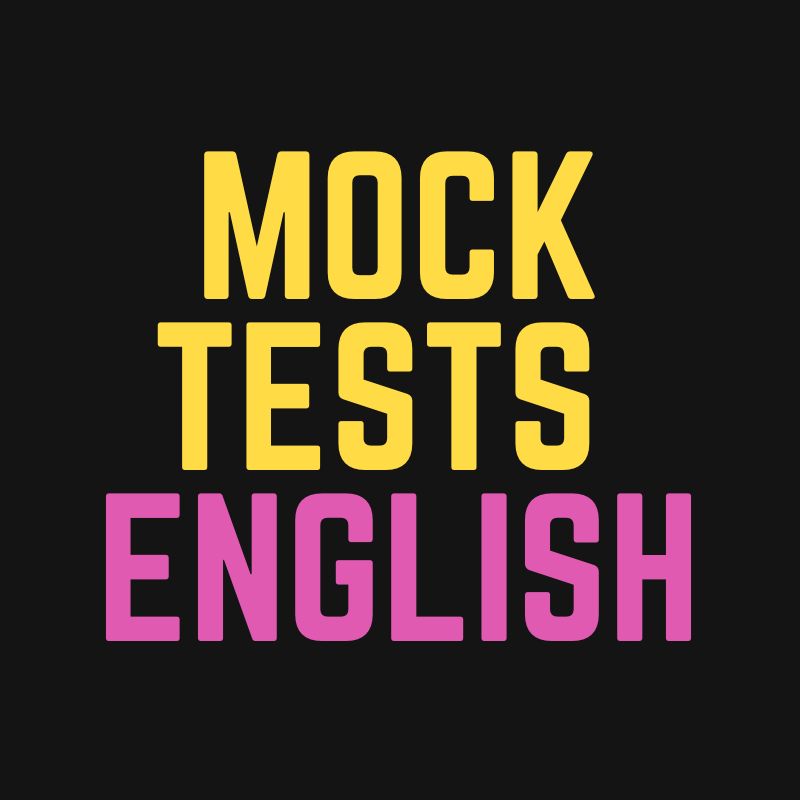Some people think adults should learn practical skills by themselves, while others believe that learning from a teacher in a classroom is better. Discuss both views and give your own opinion.
The method by which adults should learn practical skills is a topic of ongoing debate. Some people believe that adults should learn these skills independently, while others argue that guidance from a teacher in a classroom setting is more beneficial. Both views have valid points, but in my opinion, a balanced approach, combining self-learning with structured instruction, is the most effective way for adults to acquire practical skills.
On one hand, those who advocate for self-learning argue that adults possess the maturity and discipline necessary to learn on their own. With the availability of online resources, such as tutorials, videos, and instructional websites, individuals can easily acquire practical skills at their own pace and convenience. This self-directed approach allows adults to focus on areas of interest and learn through hands-on experience. Moreover, self-learning fosters independence and problem-solving abilities, as adults must figure out solutions on their own. For example, many people learn practical skills such as cooking, carpentry, or coding through online courses and DIY resources, which provide flexibility and freedom.
On the other hand, others believe that formal instruction in a classroom setting is more effective, particularly for complex or specialized skills. Teachers provide structured lessons, expert knowledge, and personalized feedback that can help adults overcome obstacles and ensure they learn the skills correctly. Classroom environments also allow for interaction with peers, which can lead to collaborative learning and networking opportunities. In fields such as medicine, engineering, or technology, having an expert instructor is essential to ensure that adults gain accurate, reliable knowledge and practical competence.
In my opinion, while self-learning can be an effective way to acquire practical skills, there are certain areas where structured teaching is necessary for a deeper understanding. A combination of both methods—using online resources for independent practice and seeking professional instruction when needed—allows adults to learn efficiently and gain well-rounded expertise.
•Self-directed learning – learning that is driven by the learner, without the need for a teacher.
•Online resources – digital tools such as videos, articles, or courses available on the internet.
•Hands-on experience – practical, direct involvement in learning by doing.
•Problem-solving abilities – the capacity to find solutions to challenges or obstacles.
•Structured lessons – organized and planned courses or classes led by an instructor.
•Personalized feedback – specific advice or evaluations from a teacher based on individual performance.
•Collaborative learning – learning that occurs through interaction and cooperation with others.
•Peer interaction – communication and exchange of ideas among classmates or colleagues.
•Expert knowledge – specialized, high-level knowledge in a particular field.
•Specialized skills – specific, advanced abilities that require targeted learning or training.
